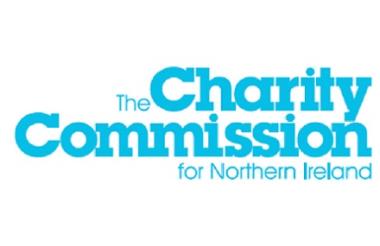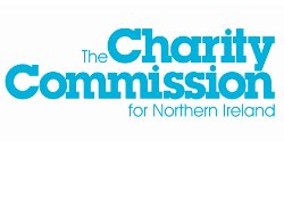The Charity Commission in Northern Ireland will take 21 years to register all the charities under its jurisdiction, and does not have the resources to meet its remit, according to a document produced earlier this year.
The CCNI was established by statute in 2008, and took over regulation of charities in Northern Ireland for the first time in 2011, but it is still going through the process of registering charities, and has suffered a number of setbacks, including challenges to its authority from the Attorney General for Northern Ireland.
A risk register reviewed by the CCNI audit and risk assurance committee in May, and released under the Freedom of Information Act by the local Department for Communities, identifies a number of risks for the CCNI.
The document says that a capacity review, carried out by the board of the CCNI, says that “current funding levels do not provide CCNI with adequate resources and stability to meet its statutory remit in introducing a full compliance monitoring regime, building the charity register and keeping it up to date.”
At the current budget level, the board has estimated that “building the register of charities could take 21 years to complete,” the report says.
It says this absence of a complete register “reduces the Commission’s ability to act comprehensively”, could cause reputational damage, and will lead to a weak compliance regime.
It says the current approach “ignores best practice in embedding a compliance regime at the outset” and could lead to departures among staff.
The previous risk register, reviewed by the committee in February, contained a list of seven critical risks which could affect the CCNI’s ability to continue. These risks were ranked on a traffic light system, with red as “extreme risk” and orange “high risk”.
Four risks were at high level and three at extreme level.
Extreme risks
- Delays and difficulties in registering charities diminishes confidence in the charity sector and undermines accountability to stakeholders.
- Court and tribunal judgements and other external challenges from stakeholders may negatively affect the Commission’s reputation and impact on Commission processes and procedures, leading to decreased public trust in the Commission and diversion of resources from planned work.
- Weak oversight and poor governance arrangements put the Commission at risk of not meeting its legal obligations as a public body.
High risks
- A lack of resources leads to a low level of awareness of accounting regulations by charities, incomplete annual reporting and limited Commission analysis of information submitted, resulting in poor practice going undetected and the charity sector being less accountable.
- Increased number and complexity of investigations stretches available resources resulting in other objectives not being met.
- Ineffective publication and communication of information about charities makes it more difficult for the public and other stakeholders to hold charities to account.
- Not having the necessary resourcing (people, budget, systems, facilities) leads to ineffective delivery, policies, and performance monitoring which restricts the Commission in holding charities to account
At the February meeting, the board agreed that “the level of resourcing had been regularly flagged as an extreme risk to the sponsor department” and that nothing was likely to change. As a result, the system of measuring risk was changed, and the ranking of all the risks was decreased.
“At the audit and risk assessment committee meeting in February it was pointed out for a number of years the level of resourcing had been regularly flagged as an extreme risk to the sponsor department,” the document said. “It was agreed in the coming year the board may need to consider resetting risk levels to reflect that this is the normal environment the organisation operates in, and sponsor department is content to tolerate this situation.
“Accordingly in April 2017 SMT reviewed the register previously agreed by the board and following discussion it decreased the ratings of all but one of the risks. As a result of this reassessment the register would include no extreme risks and five high level, one moderate and one low risks.”
Current funding levels
CCNI has an annual budget of around £1.8m a year - a little under 9 per cent of the Charity Commission in England and Wales. It is believed to have between 6,000 and 10,000 charities under its jurisdiction, compared to 165,000 in England and Wales.
However the CCNI has considerably more call upon its resources, since it must establish a register, and deal with a number of charities which have not previously been subject to a rigorous scrutiny regime.
Department of Communities responds
A Department for Communities spokeswoman said: "CCNI’s risk register, which is a living document and subject to change, reflects the reality of a finite resource position at a time of significant financial constraint across government and its NDPBs.
"The department is currently facing a 4 per cent budget reduction in 2017/18 and this has been reflected in the resource funding allocation to its NDPBs, including CCNI. It is the responsibility of NDPBs to prioritise activities within the available resource envelope.
"Charities are required to register with the Charity Commission under the Charities Act and the department would encourage all to do so when called forward by the Commission. While it is estimated that it will take some time to complete the register, and this is to some extent influenced by resource availability, there are many other factors impacting on CCNI’s ability to register all charities for example the quality of applications received.
"The department continues to be committed to the earliest possible completion of charity registration in Northern Ireland."
Related articles












